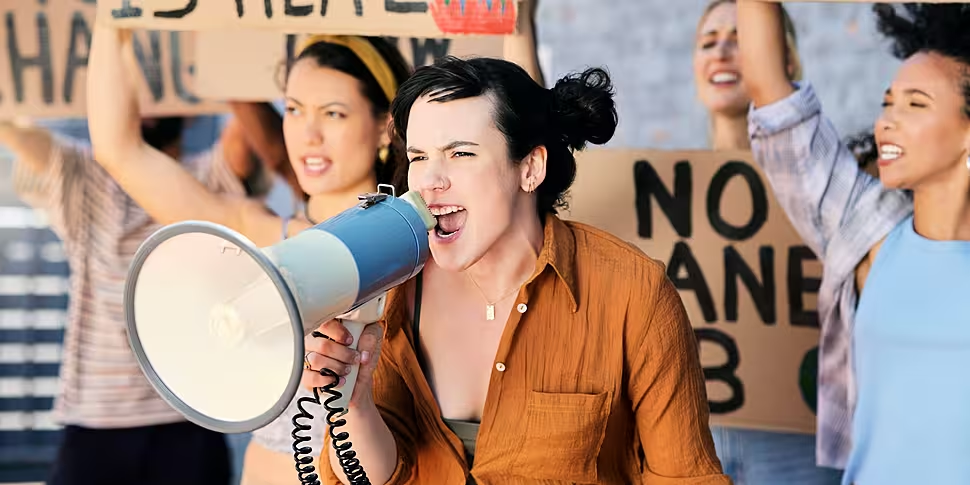Young people are "underrepresented" and "politically marginalised" by parties who favour older candidates, according to a political commentator.
Yesterday, People Before Profit TD Bríd Smith announced that at 61-years-old, she is ready to step down from politics.
Deputy Smith told The Hard Shoulder that she wanted Hazel de Nortúin, a "young, working-class mother", to succeed her – as she felt she was nearing retirement age.
On Newstalk Breakfast, writer and political commentator, Emma Desouza said an ageing political class is an issue that is "not unique to Ireland."
"Globally, young people continue to be underrepresented in politics, despite the fact that it's this generation that will have to live with the policies being created today far longer than many of those making them," she said.
"If you look at the makeup of Parliament at the moment, less than a quarter of TDs are women and the average age is 48. Over 80% are over 40, despite the fact that the average age of the population is 38.
"Certainly, parliaments are meant to be reflective of society, and you can't really say that's the case at the moment."
'Politically marginalised'
The issues featured heavily in politics typically affect young people "significantly", according to Ms Desouza.
"We look at things like the housing crisis, young people having to leave often for better opportunities, but they're politically marginalised," she said.
"They should absolutely be included in political processes that they can contribute to making policies that impact their lives."
'Decades in a seat'
Ms Desouza said young people are at the mercy of a party's candidate selection, which "favours the incumbent TD".
"Parties aren't necessarily selecting young candidates, and when they do select young candidates, they are often put into seats that are not necessarily going to win or not given the support that they need to be able to get elected," she said.
"There is a question here over what political parties are doing to actually encourage young people to enter into politics, what supports they're providing, and how they're ensuring that the next generation is getting an opportunity.
"[This is] a situation where we have TDs that are perhaps serving decades in one seat and not creating space for the next generation to have a chance to do that too."
Ageist
Ms Desouza said young people are coming up against institutions that are "inherently ageist".
"I think that we need to look at what you can benefit from having an intergenerational parliament – the transmission of learning that you can have from having young age cohorts in and also those who are a little bit older," she said.
"We have to really question whether Parliament is reflective of society.
"If most of the decision-making and policymaking has been made by those who are decades older, how in tune can they be the priorities of young people and the issues?
Quotas
In order to have greater representation for young people, Ms Desouza suggested term limits for politicians.
"There are youth quotas that have been discussed and debated in the UK and other places," she said.
"Ultimately, an easy way to try and address this comes down to the political parties. They can always take up a voluntary youth quota.
"We know that young people are massively involved in political movements. We know they do a lot of work and activism, and if you create space, they will come."
You can listen back here:









